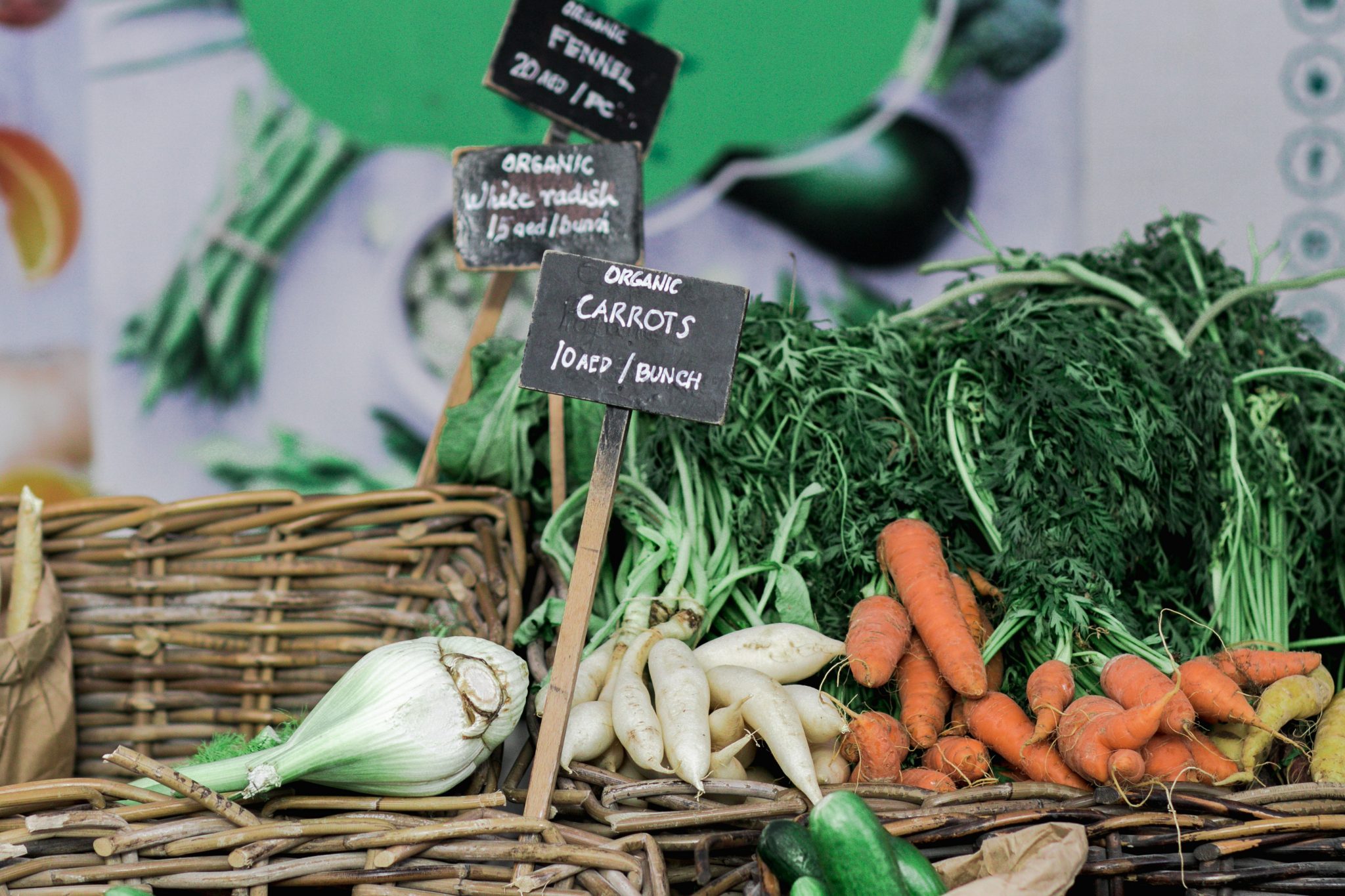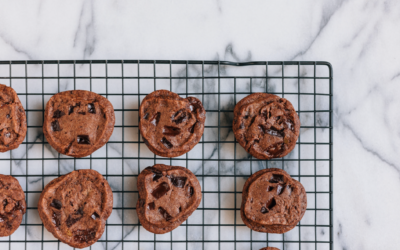Do any of the following sound familiar?
– You always buy organic food where possible.
– You buy organic food when you can afford it because you’ve heard it’s healthier.
– You’re not really sure whether you should be buying organic, especially when they can cost 10% to 100% more than food grown under conventional conditions.
Last week in the headlines, the Mail Online, The Sun, and The Times (to name a few) stated that eating organic food could reduce our risk of cancer. This headline came off the back of a recently published French study. The media took the findings at face value without acknowledging other factors that could have potentially influenced the results.
In this article I am going to offer the truth about organic food and cancer, so you can make an informed decision.
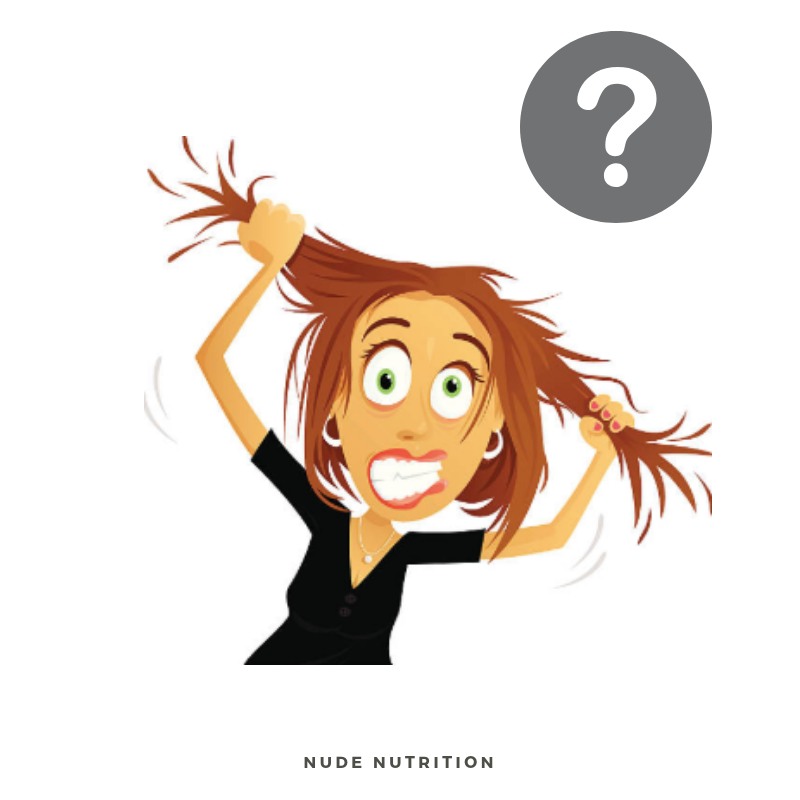
What does ‘organic’ actually mean?
Organic food is any food that is produced by an overall system of farm management and food production that complies with a set of standards set out by European Law. The EU standards are currently under review. The standards vary across the world, but in general they combine practices that promote ecological balance, conserve biodiversity and strive to cycle resources. The use of pesticides, fertilisers, irradiation and food additives is usually restricted.
Organic production plays two main societal roles. On the one hand, it provides for a specific market and responds to consumer demand. On the other hand, it delivers publicly available goods that contribute to the protection of the environment and animal welfare, as well as to rural development
“Foods may be labelled “organic” only if at least 95% of their ingredients meet the necessary standards.”
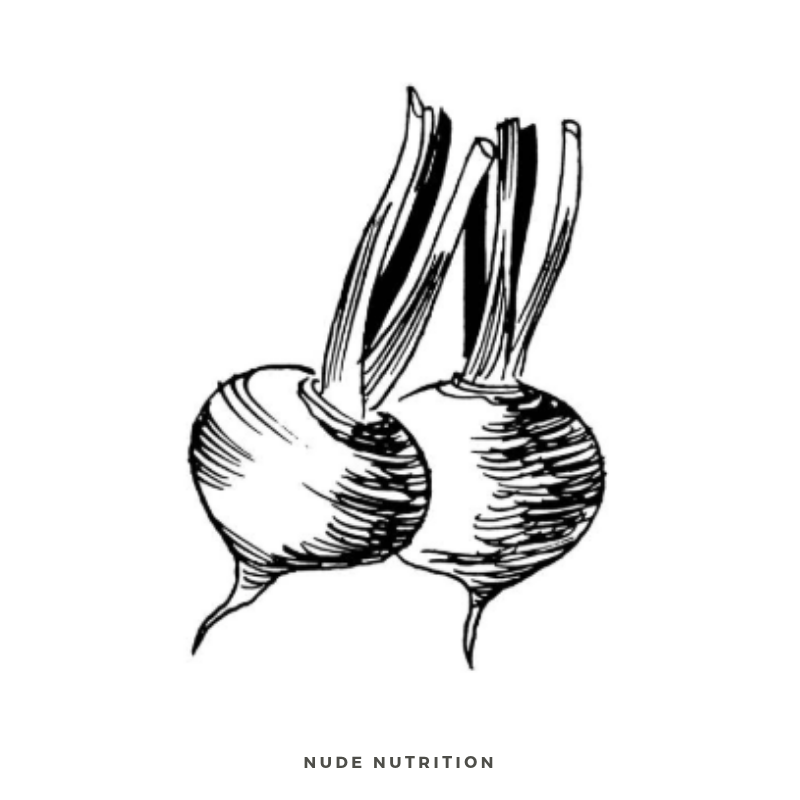
What was the research?
The large French study questioned 69,000 French adult volunteers on their consumption of organic food and followed them over 4.5 years to see how many developed cancer. Other studies have identified the potential benefits of eating an organic diet, such as lowered level of pesticides in urine samples. However, few studies have looked at the potential link with cancer. That’s what made this study so exciting to the media.
Data were collected online, via a website based platform. The study participants were asked to provide information on how often they ate 16 labelled organic products. They were also asked to complete three 24-hour food recalls (writing out what they had eaten in the last 24-hours).
What did they find?
In total, 1,340 (2%) of the study participants developed cancer. The cancers developed, included breast cancer (34%), prostate cancer (13%), skin cancer (10%) and bowel cancer (7%). More specifically, significant (notable) links were found between postmenopausal breast cancer, lymphomas overall, and non-Hodgkin’s lymphoma specifically.
Consumption of organic food was more common among:
- women
- those with a higher education or occupational status
- those who did more physical activity and who had healthier diets in general
The researchers found that people who ate the most organic food, had a 25% reduced risk of cancer, compared to those who ate less.
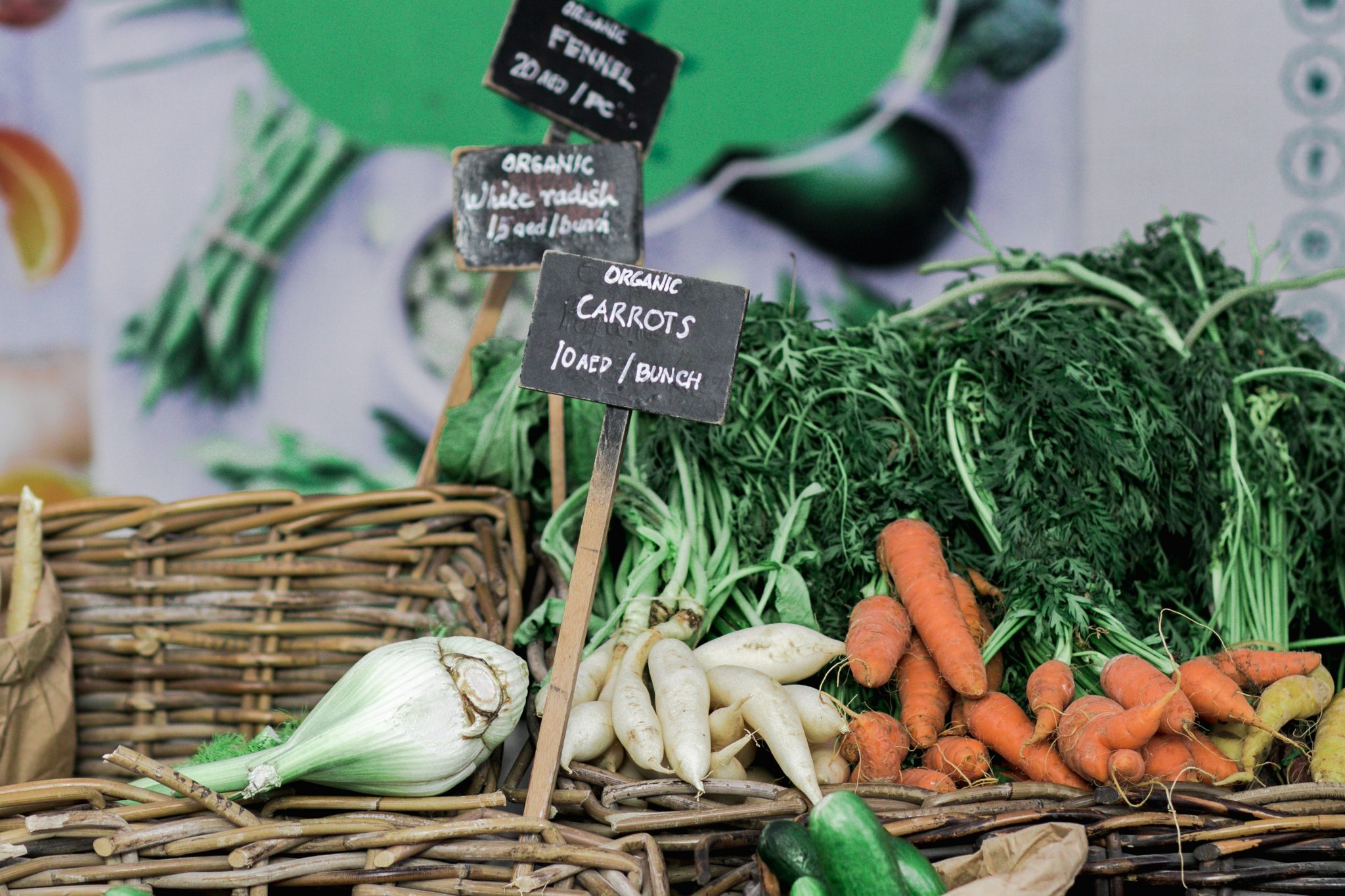
What does this mean?
Despite the encouraging media reports, this study does not prove that eating organic food will protect you against cancer.
Why?
Although this study used a large sample size there were a number of limitations deeming the results not as positive as the media make out.
1) There are a number of potential factors that could explain this link that could be interfering with the results. Other important factors such as high income or physical activity level are especially important when studying the health benefits of organic food, because eating organic is associated with lots of things that also help you live a longer, healthier life.
In other words, people who regularly eat organic food tend to have other lifestyle factors and habits that could easily lower cancer risk as well. Even within just this one study, high organic food consumption was associated with higher income, having a better job, being more active, eating more fruits and veggies, and eating less meat and processed food.
Those are all things that make you more likely to stay healthy than those who can’t afford to take such good care of themselves.
2) The study results were based on volunteers who are already pretty health conscious individuals. This makes it difficult to transfer the findings to other groups of people aside from middle-aged well educated French women who already exhibit healthy behaviours.
3) There are limitations to self- reported food intake. The intake of foods was not actually measured, rather it was reported on an online survey. Also, organic food intake was recorded at a single point in time and self-reported. This may be inaccurate and not reflect lifetime habits.
4) Observational studies (which observe groups of people over time) such as this, are useful for exploring potential links. However, they can’t prove a true cause and effect, as other health and lifestyle factors could be having an influence.
5) Cancers still developed among people who ate the most organic food – it’s just there were fewer cases (269 vs 360 among those eating the least amount of organic food). So even if there is a direct link, eating organic food is not guaranteed protection against cancer.
In summary
The researchers conclude: “A higher frequency of organic food consumption was associated with a reduced risk of cancer. Although the study findings need to be confirmed, promoting organic food consumption in the general population could be a promising preventive strategy against cancer.”
This study is a valuable investigation into potential links between eating organic food and cancer risk. However, the author’s conclusion may be a little premature. Other large and high-quality research has identified no association with overall cancer incidence. This study alone cannot prove that eating organic food will prevent you from getting cancer.
So, if you prefer organic food that’s fine, but there is no strong evidence that it makes a positive difference to our health. There is however, strong evidence that they make a dint in your monthly bank statement!
References – in links throughout the text.

